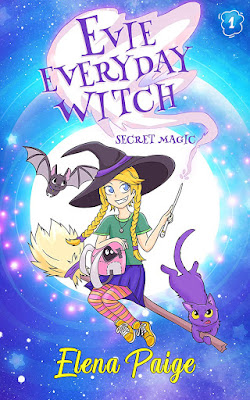Nina's Memento Mori

Sometimes pain tends to get masked behind a sense of narcissism, especially when it involves your significant other. Nina's Memento Mori is a kind of self introspection that the author indulges in as he writes about himself remembering his wife. He focuses on himself as he narrates incidents revolving around his wife. This elegy is more of an autobiography as per me. Mathias does write straight from the heart. Some readers might find it hard to relate through the narration, however, those who have lost their spouses to death would very well understand the emotions underlying this piece of writing. There are breaks in the narration but these are like deliberate attempts to both break the monotony in writing as well as to portray the train of thoughts as they happened. The language is not simple but that is a trademark of a writer with vast amount of writing experience behind him. To say that Nina was his inspiration to write would be an understatement. In fact, she is exa...


